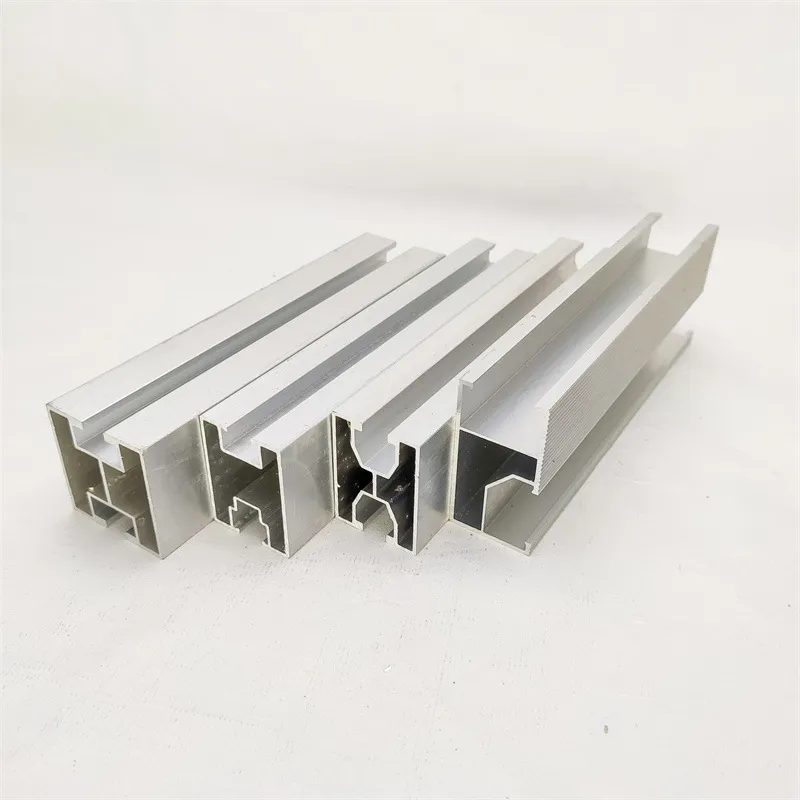

High-Quality 60mm Self-Tapping Screws for Reliable Fastening Solutions in Various Applications
Aug . 09, 2024 05:20 Back to list
High-Quality 60mm Self-Tapping Screws for Reliable Fastening Solutions in Various Applications
Understanding Self-Tapping Screws A Focus on 60mm Variants
Self-tapping screws are integral components in various construction and assembly projects, renowned for their ability to create their own holes in materials without the need for pre-drilling. Among these fasteners, the 60mm self-tapping screw stands out, combining length with versatility, making it a popular choice for multiple applications.
What are Self-Tapping Screws?
Self-tapping screws are specially designed to tap their own threads into the substrate as they are driven into it. This feature significantly reduces the time and labor required for assembly, making them a favored choice in both professional and DIY projects. They are available in various materials, coatings, and thread designs, allowing for use in different environments, from wood to metal and plastics.
Features of 60mm Self-Tapping Screws
The 60mm length of self-tapping screws offers a balanced approach to versatility and strength. This length is particularly useful for applications requiring a deeper penetration into the material, providing a secure hold while minimizing the risk of breaking through the other side. The threads on these screws are designed to grip the substrate tightly, ensuring that once installed, they remain firmly in place.
1. Material and Coating Depending on the application, 60mm self-tapping screws can be made from various materials, including stainless steel, carbon steel, and brass. Additionally, they may feature coatings such as zinc plating or black oxide, which enhance corrosion resistance. For outdoor applications, stainless steel screws are highly recommended due to their durability against the elements.
self tapping screws 60mm

2. Head Types These screws come in different head styles, such as flat, pan, or hex. The choice of head affects the aesthetic and functionality of the installation. For instance, a flat head sits flush with the surface, making it less conspicuous, while a pan head offers a larger surface area for driving torque.
3. Thread Design The thread design plays a crucial role in the screw's performance. Coarse threads are generally used for softer materials like wood, while fine threads are preferred for harder materials like metal. Some 60mm self-tapping screws may also feature self-drilling points, enabling them to cut through additional layers of material without the need for pre-drilling.
Applications of 60mm Self-Tapping Screws
The 60mm self-tapping screw is versatile and can be employed in various applications
- Construction These screws are extensively used in wood and metal framing, where strong connections are crucial. - Furniture Assembly In furniture manufacturing, 60mm self-tapping screws facilitate quick assembly and robust structures, especially for items that undergo frequent disassembly. - Automotive Industry Many vehicles employ self-tapping screws as they allow for time-efficient assembly processes, particularly in fastener designs meant to be lightweight yet durable. - DIY Projects Home improvement enthusiasts often gravitate towards these screws for tasks ranging from installing shelves to assembling garden furniture, appreciating their ease of use and reliability.
Conclusion
The 60mm self-tapping screw represents a practical solution for a multitude of fastening needs. Its ease of installation, combined with the ability to provide a strong hold across various materials, underlines its importance in both industrial applications and everyday projects. By understanding the features and applications of this versatile fastener, users can make informed choices that enhance their efficiency and the durability of their work. Whether you are a seasoned professional or a weekend DIYer, having a stock of 60mm self-tapping screws can ensure you are well-equipped for any task that comes your way.
Latest news
-
Hot Dip Galvanized Bolts-About LongZe|High Strength, Corrosion Resistance
NewsJul.30,2025
-
High-Strength Hot Dip Galvanized Bolts - Hebei Longze | Corrosion Resistance, Customization
NewsJul.30,2025
-
Hot Dip Galvanized Bolts-Hebei Longze|Corrosion Resistance&High Strength
NewsJul.30,2025
-
High-Strength Hot-Dip Galvanized Bolts-Hebei Longze|Corrosion Resistance&High Strength
NewsJul.30,2025
-
Hot Dip Galvanized Bolts-Hebei Longze|Corrosion Resistance&High Strength
NewsJul.30,2025
-
Hot Dip Galvanized Bolts - Hebei Longze | Corrosion Resistance, High Strength
NewsJul.30,2025

